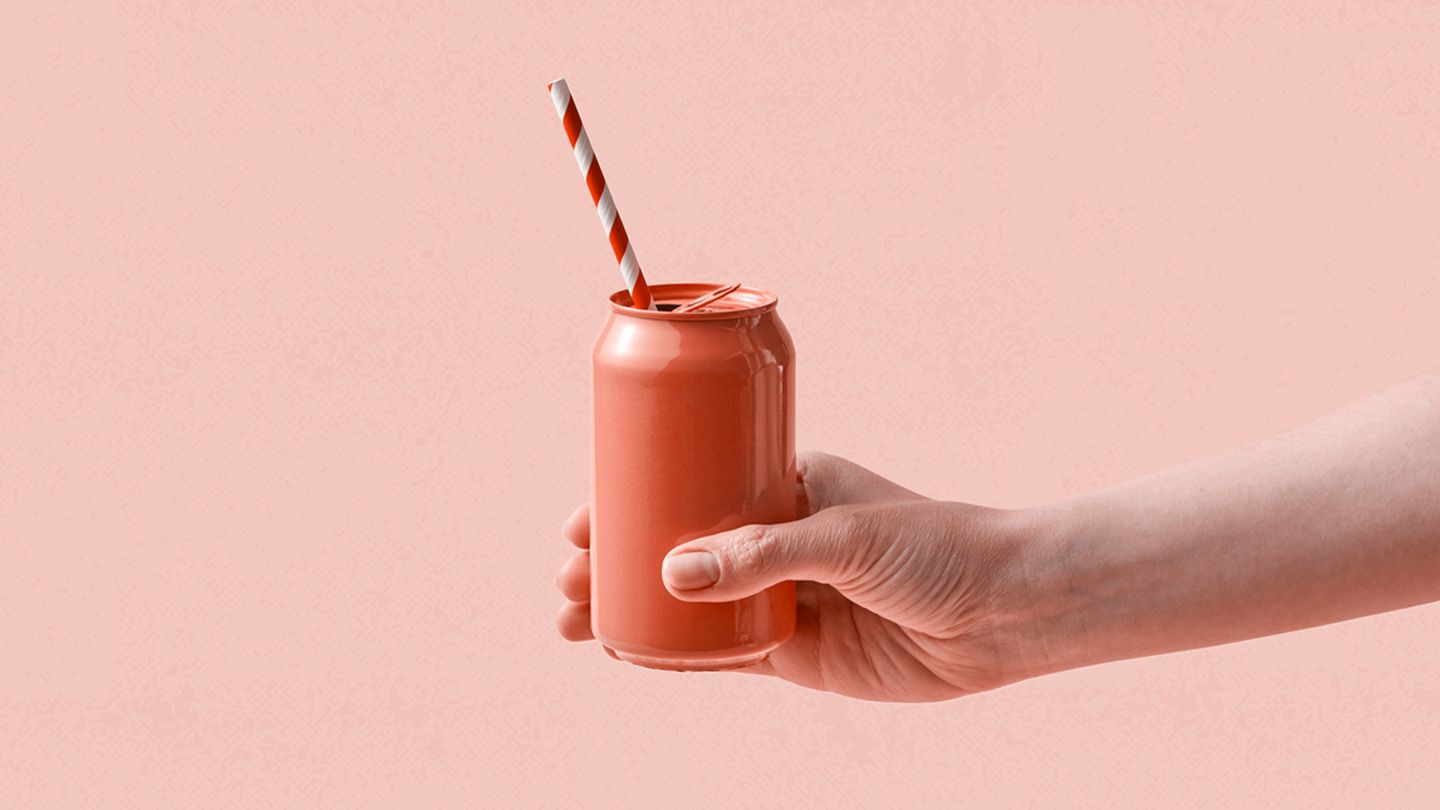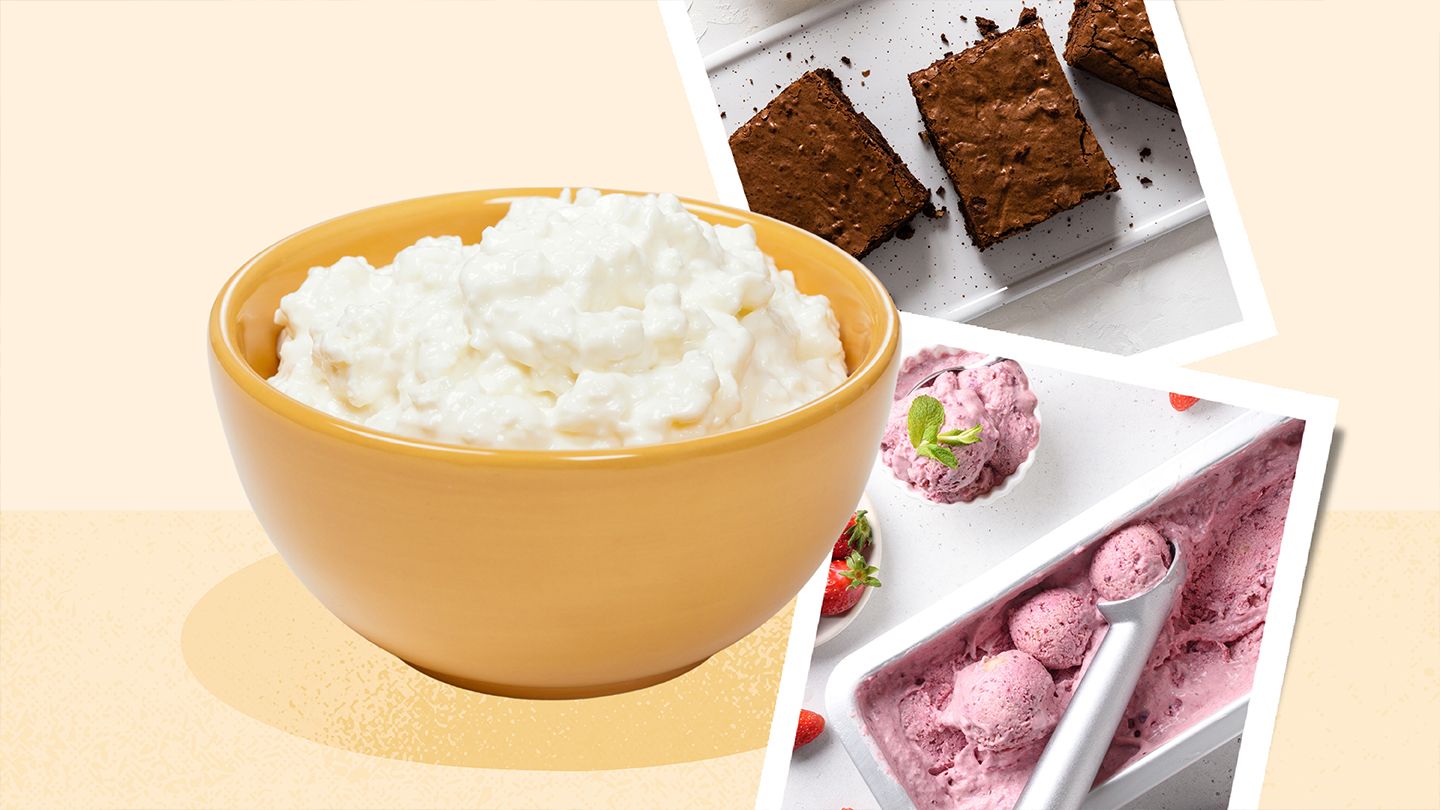How Keto Can Impact Digestive Health
The ketogenic (keto) diet has skyrocketed in popularity over the last few years due to its effectiveness for weight loss and other health benefits. However, the high fat and low carbohydrate intake required on keto can lead to some unwanted digestive side effects.
Why Keto Can Cause Digestive Issues
There are a few reasons why keto may impact digestion:
- Low fiber intake - Fiber plays an important role in healthy digestion and bowel movements. Since the keto diet eliminates most grains, fruits, beans and starchy vegetables, it can be lacking in fiber.
- High fat intake - A sudden increase in dietary fat can overwhelm the digestive system and slow down the transit of food through the gut.
- Gut microbiome changes - Lower carb intake can starve out some beneficial gut bacteria that feed on carbohydrates. This can disrupt the balance of bacteria in the intestines.
- "Keto flu" dehydration - The transition into ketosis often causes flu-like symptoms including headaches, fatigue and dehydration due to increased water loss. Dehydration exacerbates constipation.
Constipation on Keto
Constipation is one of the most commonly reported side effects for those following a ketogenic diet. Without adequate fiber from whole grains, fruits and starchy vegetables, stool can become hard, dry and difficult to pass.
The high fat intake on keto can also delay gastric emptying time and slow down digestion, causing infrequent painful bowel movements.
Tips to Avoid Constipation on Keto
Making a few simple tweaks can help prevent and relieve constipation while following a ketogenic diet:
- Increase non-starchy vegetable intake - Load up on leafy greens, cauliflower, broccoli, asparagus and other low carb veggies to get fiber.
- Consider a fiber supplement - Psyllium husk, flaxseed or a greens supplement can provide the fiber needed for regularity.
- Drink more fluids - Stay well hydrated with herbal teas, bone broths, mineral water and electrolyte drinks.
- Add MCT oil - MCT oil acts as a mild laxative for some people to stimulate bowel movements.
- Consider magnesium supplements - Magnesium relaxes the digestive tract and draws water into the intestines to soften stools.
Diarrhea
Diarrhea is a less common but still possible side effect of keto. Some people experience loose stools in the first few weeks of transitioning into ketosis before their body adapts.
The gas and bloating caused by changes in the gut microbiome can also lead diarrhea for some following a ketogenic diet. Certain sugar alcohols used in some low carb products like malitol and xylitol can also cause diarrhea if consumed in excess.
Tips for Dealing With Diarrhea on Keto
Strategies to improve diarrhea on the keto diet include:
- Stay hydrated - Drink bone broth, electrolyte drinks or water with a pinch sea salt to replenish fluids and minerals lost from diarrhea.
- Adjust fat intake - Temporarily lower high fat foods to give your digestion a break as it adapts to keto.
- Avoid sweeteners - Check labels for sugar alcohols like malitol or xylitol and limit foods containing them.
- Try probiotics - Consume probiotic-rich foods like kimchi, kefir and unsweetened yogurt help populate gut with beneficial bacteria.
The Keto Bites Cleanse for Improved Digestion
The keto bites cleanse is a short structured program combining high fat keto meals with cleansing foods and supplements. It aims to reset digestion, remove toxins and improve gastrointestinal issues.
How It Works
The keto bites cleanse follows typical ketogenic macronutrient ratios, emphasizing foods that are cleansing and easy to digest. It removes inflammatory foods and common irritants for a few days while including gut-soothing ingredients.
Bone broths, probiotics and magnesium supplements support overall digestive health. Healthy fats from avocado, coconut, ghee and olive oil provide energy without taxing the gut.
Foods to Include
Recommended foods to focus on during a keto bites cleanse include:
- Bone broths - Sip these mineral-rich broths to heal and seal the gut lining.
- Probiotic foods - Sauerkraut, kimchi, kefir and yogurt provide beneficial bacteria.
- Avocados - Prebiotic fiber and antioxidants in these fruits promote good digestion.
- Coconut products - Coconut milk, yogurt and butter provide easily digested MCFA fats.
- Ghee - Clarified butter/ghee contains butyrate to nourish intestinal cells.
- Herbal teas - Soothing teas like chamomile, fennel and ginger relax the gut.
Foods to Avoid
Its best to steer clear of the following potentially gut-disruptive items:
- Dairy - Lactose in milk or cheese can cause gas, cramping or diarrhea.
- Nuts & seeds - High fiber nuts and seeds may be hard to digest for some.
- Cruciferous veggies - Broccoli, Brussels sprouts, cabbage etc. can cause bloating.
- Sugar alcohols - Sorbitol, maltitol and xylitol may cause unpleasant symptoms.
- Spicy foods - Chili peppers or spicy seasonings can further inflame the digestive tract.
Supplement Recommendations
The following supplements are very beneficial for optimizing digestion on keto:
- Magnesium citrate - Magnesium relaxes the GI tract and draws water into the colon to soften stools.
- Digestive enzymes - Supplements with lipase, protease and amylase improve breakdown of fats, proteins and carbs.
- Betaine HCL - Increases stomach acid levels to enhance protein digestion and nutrient absorption.
- Glutamine powder - This amino acid fuels intestinal cell function and repairs leaky gut.
Long Term Gut Health on Keto
The keto bites cleanse offers a targeted reset to improve acute digestive issues. But supporting long term gut health involves making positive dietary and lifestyle habits.
Eat More Prebiotic Fiber
Prebiotic fiber feeds the beneficial bacteria in your intestines linked with better digestion. Keto-friendly sources include:
- Asparagus
- Garlic
- Onion
- Dandelion greens
- Flaxseed
Incorporate Fermented Foods
Adding a serving per day of fermented food can greatly benefit the microbiome diversity in your gut for improved digestive function. Options to include are:
- Kefir
- Kimchi
- Kombucha
- Sauerkraut
- Yogurt
Stay Hydrated
Drinking adequate fluids is vital for healthy digestion, nutrient absorption and elimination. Herbal teas, mineral water and bone broth are hydrating options on keto. Exogenous ketones and electrolytes can help maintain hydration levels also.
Manage Stress
Chronic stress can negatively impact gut health and trigger inflammation or irritation. Practicing relaxation techniques like yoga, meditation, deep breathing can soothe the mind-gut connection.
Supplement as Needed
Strategically using supplements like digestive enzymes, probiotics, magnesium or L-glutamine helps some people maintain regularity and optimal gut function long-term on keto.
Disclaimer: This article is for informational purposes only and does not constitute medical advice. Always consult with a healthcare professional before starting any new treatment regimen.
Related Coverage
Honey contains carbs so is not keto-friendly, but raw honey has some benefits. Learn whether you can eat small amounts of honey on keto and the best sweetener alternatives....
Wondering which nut and seed butters are lowest in calories? We rank options from sunflower seed to pecan butter to help you make informed choices fitting your diet....
Learn how to choose the most effective jump trainer for vertical leap gains. Get our top picks for basketball, volleyball, and football along with tips for maximizing results....
Wondering if you can drink Celsius energy drinks while following a keto diet? This article outlines the carb count and keto-friendliness of different Celsius options....
Get the full lowdown on cottage cheese carbs. Learn how curds, fat content and additives impact the nutrition. See how cottage cheese fits into a keto or low carb diet....
Learn to visually estimate what 20g of butter looks like using tablespoons, melt volume, and butterstick sizes. Includes tips for precise measuring....
Avocados are the perfect keto food with healthy fats, low carbs, and nutrients. Learn tips for using avocados on keto in smoothies, guacamole, salads, snacks, and more....
Learn how the Atkins and ketogenic diets compare in terms of phases, carbs, weight loss results, health impacts, sustainability, and which diet may be best for you....
The incredible growth of Just The Cheese from a small home business into a national brand selling innovative cheeses worth over $100 million....
Explore which dessert best represents your unique personality and dive into a world of indulgent flavors, textures, and associations to uncover your dessert identity....









